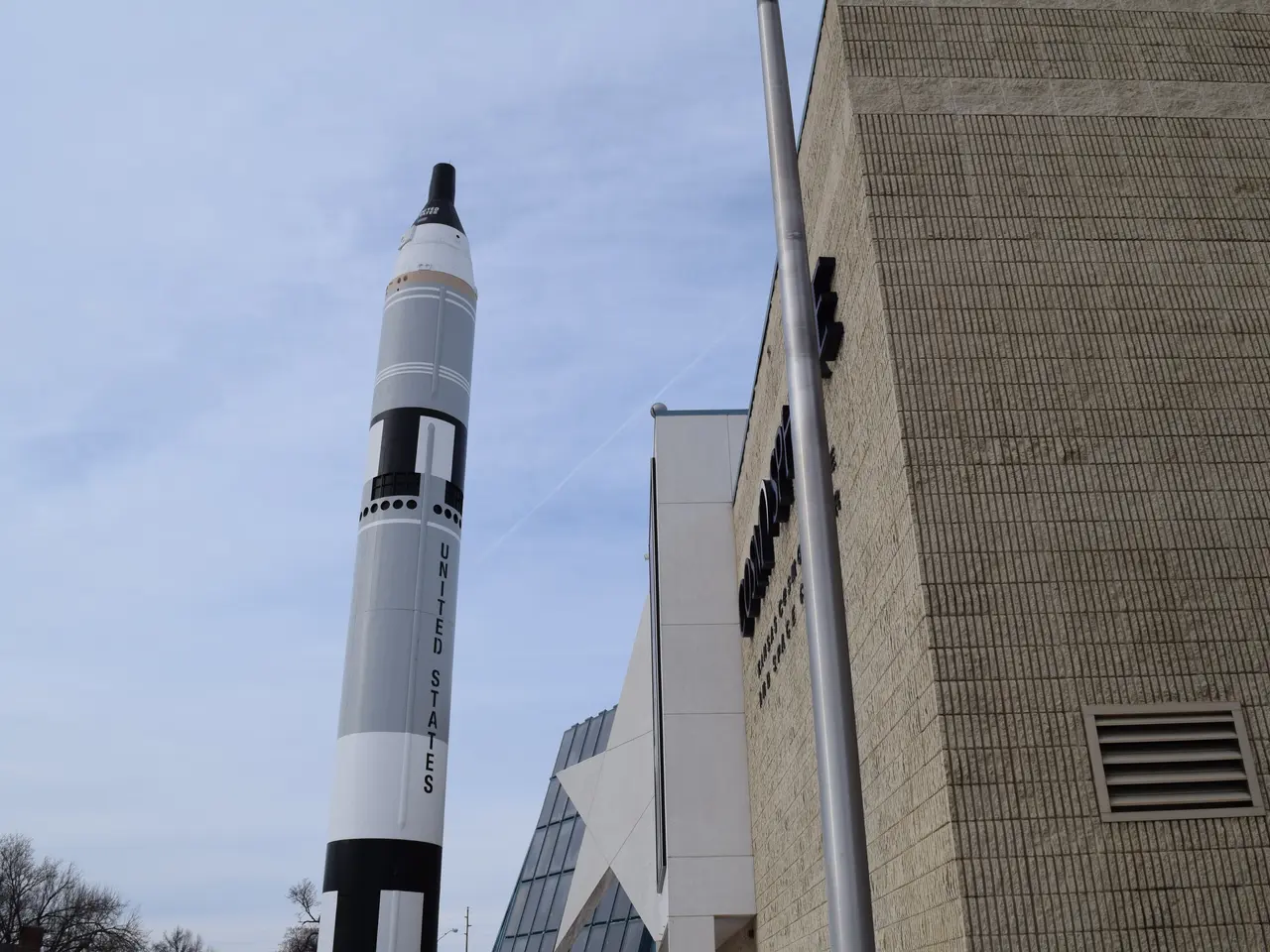Trump's Plan to Invigorate Space Voyages
The future of American leadership in space exploration is uncertain, with the ultimate destination yet to be determined. While the focus remains on returning to the moon, the possibility of shifting attention to Mars is being considered.
This shift presents significant challenges but also promising possibilities, as reflected in expert discussions aligned with recent U.S. space policy visions, such as those inspired by President Trump's push to revitalize space exploration.
Challenges
The technical hurdles of sending humans to Mars are more daunting than those of a moon mission. Mars has a complex and harsh environment including a thin atmosphere, intense radiation, and high-energy solar wind interactions. Understanding these conditions is critical to safeguarding astronauts and equipment.
Missions like M-MATISSE, proposed to study Martian magnetosphere, ionosphere, thermosphere, and radiation, aim to reveal these risks in detail before crewed missions. The design of rovers and habitats must address Mars' unique surface and atmospheric challenges, as highlighted by competitions like the University Rover Challenge and the Mars Society's Arctic analog missions simulating Mars environments on Earth.
Trips to Mars involve long travel times, creating difficulties in life support, supplies, communication delays, and crew safety. Preparing for these challenges demands extensive analog missions and research to build resilient human operations far from Earth’s immediate support.
Detecting potential Martian life before contamination from humans is a key concern. Research calls for advanced missions like the Mars Life Explorer to avoid irreversibly mixing Earth organisms with possible native Martian biospheres.
Possibilities
The potential rewards of Mars exploration far outweigh the challenges. Studying Mars’ atmosphere and surface interactions through dual spacecraft missions could unlock new insights about planetary evolution, habitability, and climate, setting a foundation for safe human exploration.
Analog missions on Earth, such as those in the Arctic, and advances in rover technology are refining operational methods and scientific tools to prepare humans effectively for Mars conditions.
President Trump's vision to revitalize space exploration emphasizes ambitious goals beyond the Moon toward Mars, encouraging international collaborations and investments in precursor robotic and human missions.
Establishing a human presence on Mars could redefine our place in the universe, as noted by Eric Berger. The discussion of space exploration has expanded to include Mars as a potential destination, with experts like Tom Clarke emphasizing its unique challenges require innovative solutions.
Investing in Mars exploration could inspire future generations to push the boundaries of what is possible. However, the project requires a significant investment of resources and expertise. The intensifying space race may impact American dominance in space exploration, with China's lunar program posing a direct challenge.
If the US does not act swiftly, it risks falling behind in space exploration. Fortunately, key figures like Elon Musk and Jeff Bezos have expressed their support for Trump's space exploration initiative.
In conclusion, the transition to Mars exploration hinges on overcoming environmental, technical, and biological challenges through rigorous precursor missions and Earth-bound analogs. Experts see these efforts as practical and necessary steps that align with current U.S. space policy ambitions for human Mars exploration in the coming decades.
- The potential rewards of Mars exploration include unlocking new insights about planetary evolution, habitability, and climate, as well as redefining humanity's place in the universe.
- Overcoming the challenges of Mars exploration, such as its harsh environment and long travel times, demands extensive analog missions and research to build resilient human operations far from Earth’s immediate support.
- President Trump's vision to revitalize space exploration emphasizes ambitious goals beyond the Moon toward Mars, encouraging international collaborations and investments in precursor robotic and human missions.
- The discussion of space exploration has expanded to include Mars as a potential destination, with experts noting that the unique challenges of Mars require innovative solutions and significant investments of resources and expertise.




